





Learn Machine Learning with industry level internship projects and become a Microsoft certified professional.





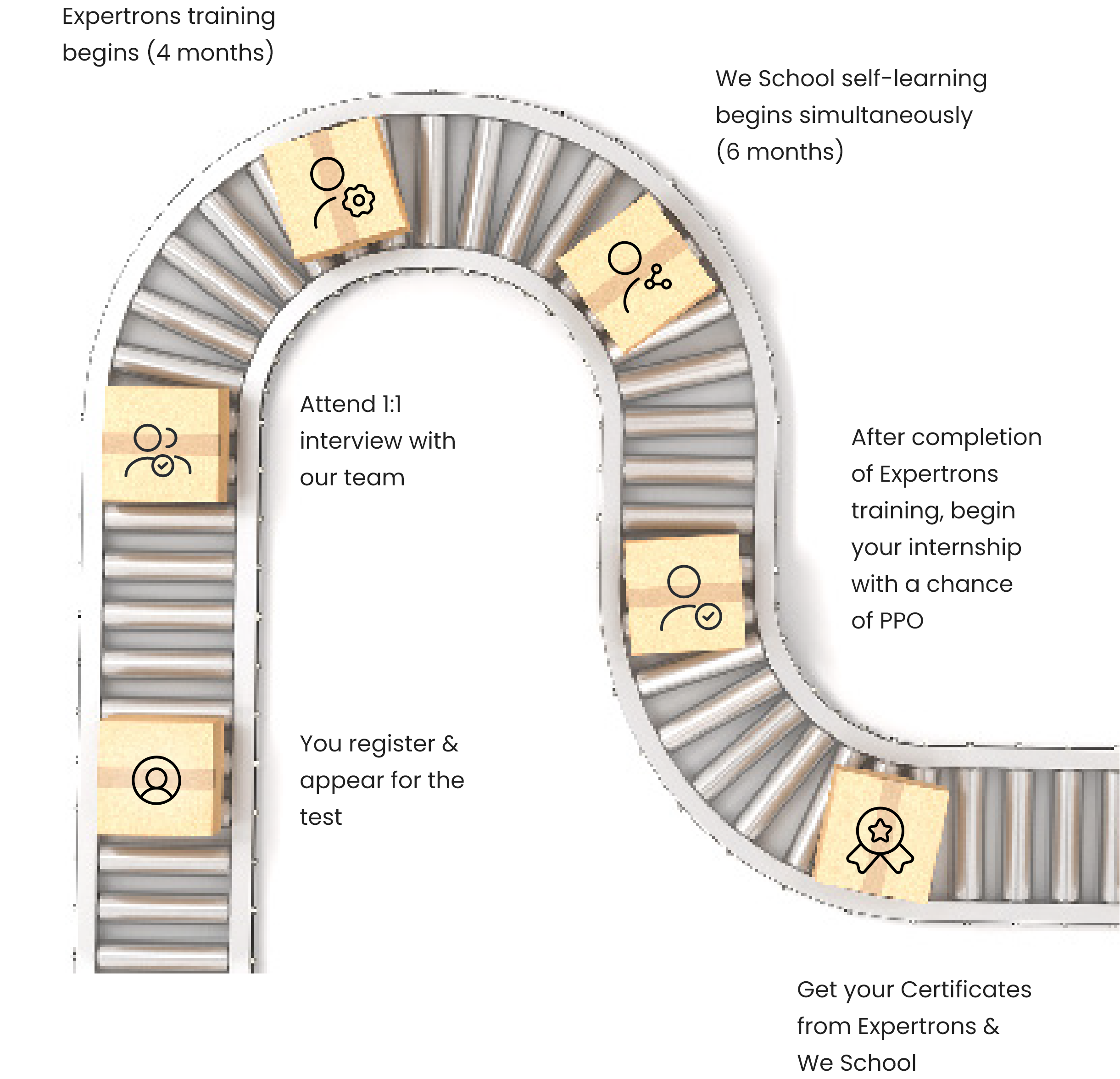

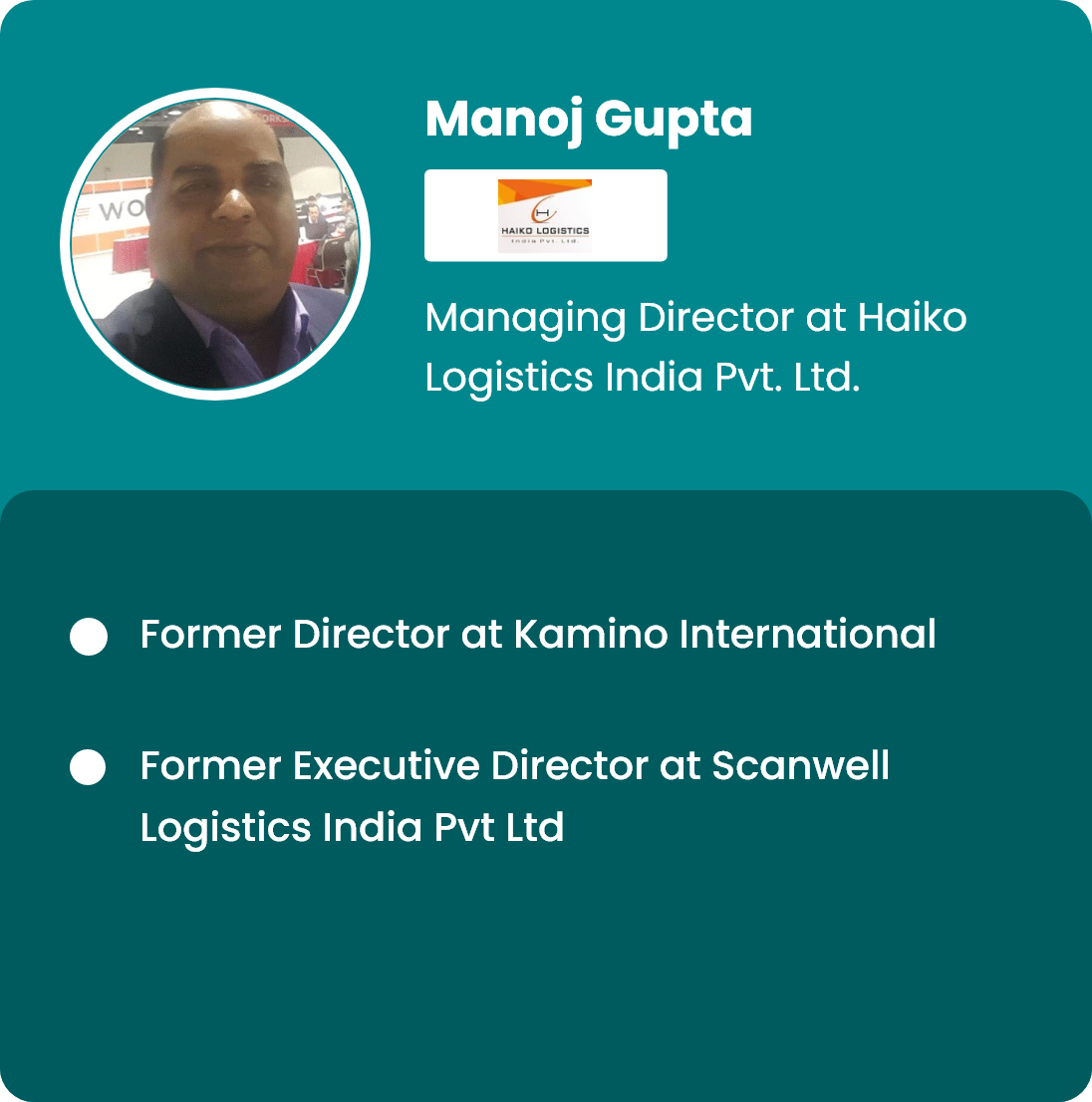
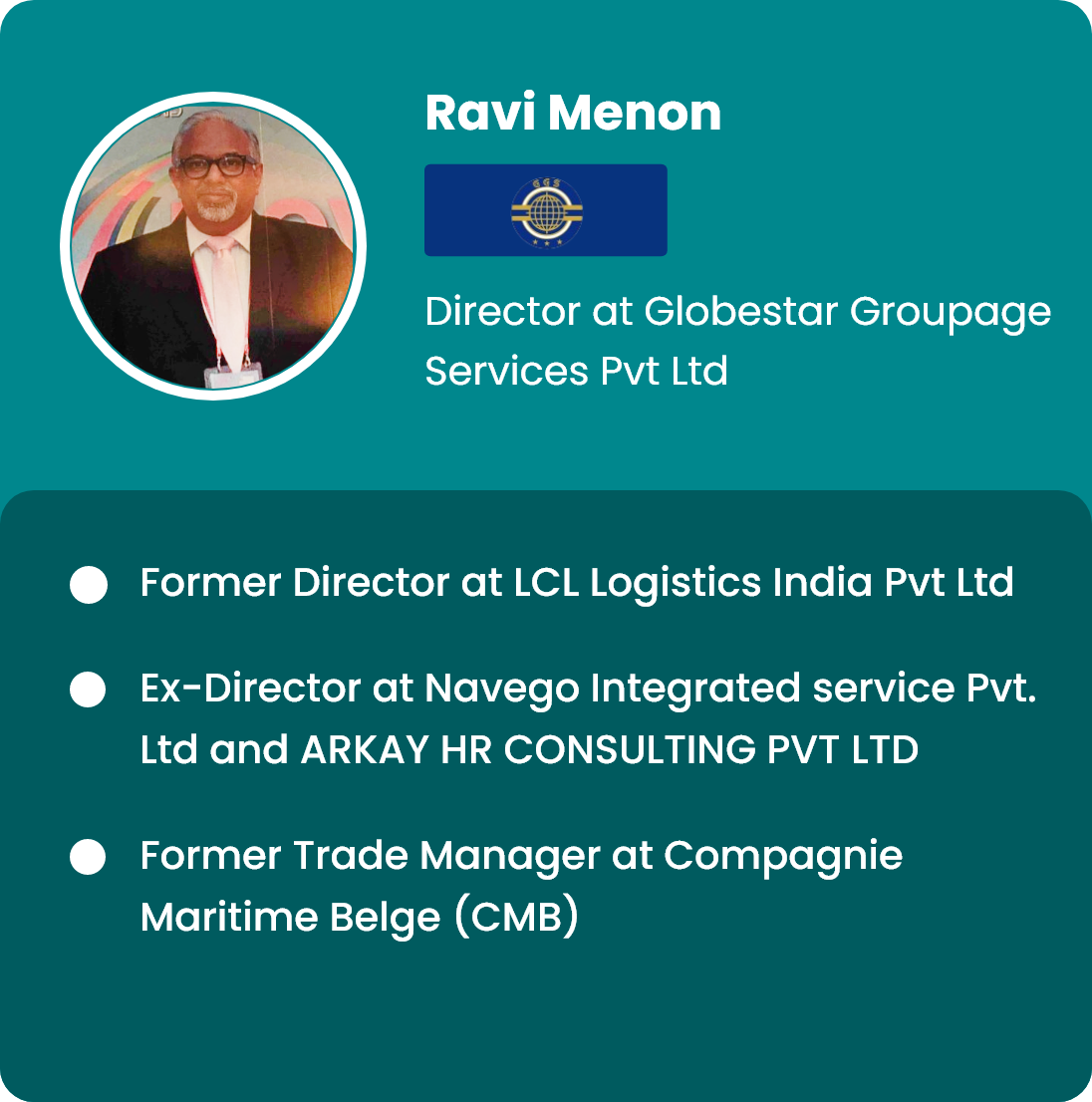
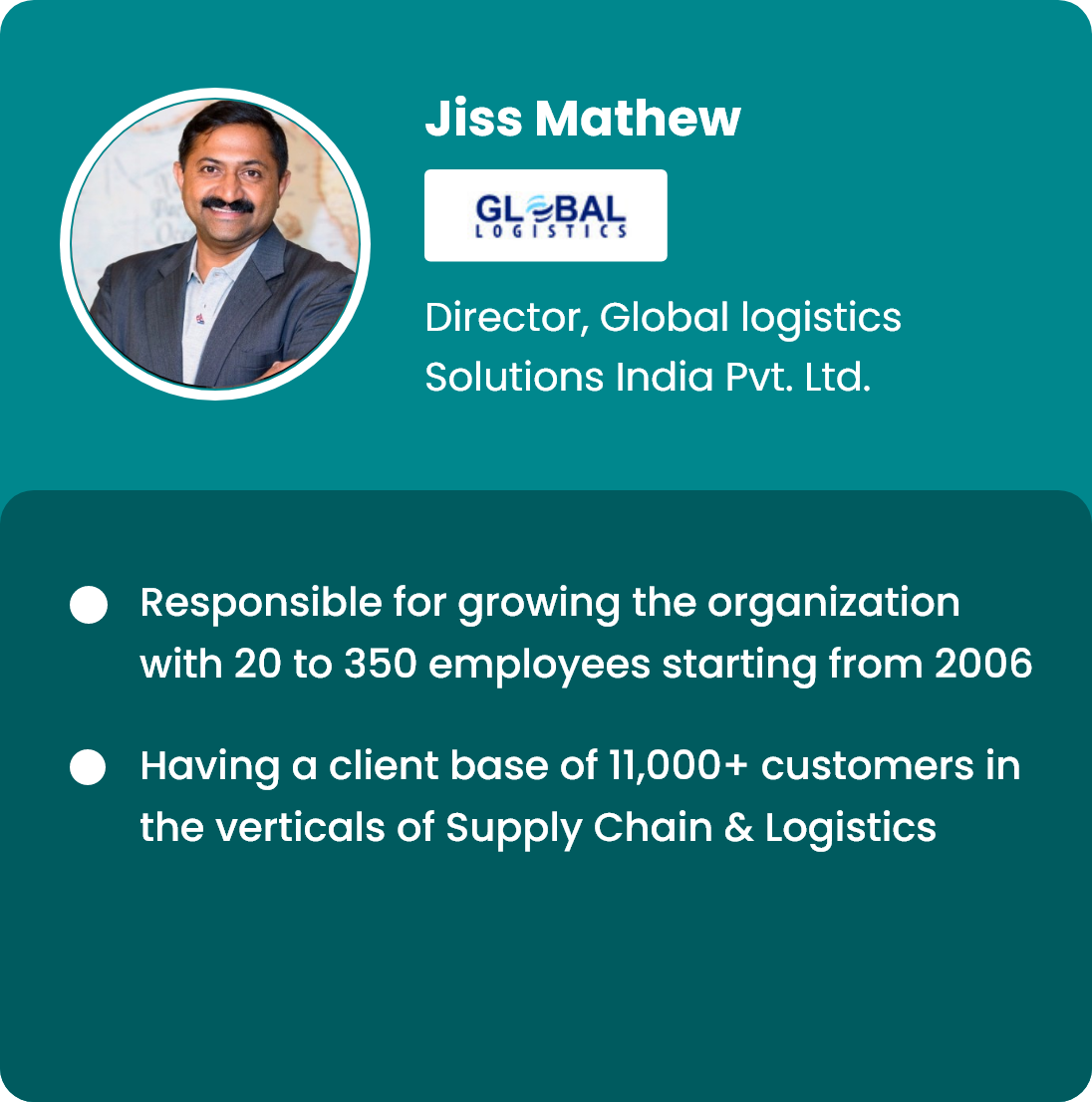

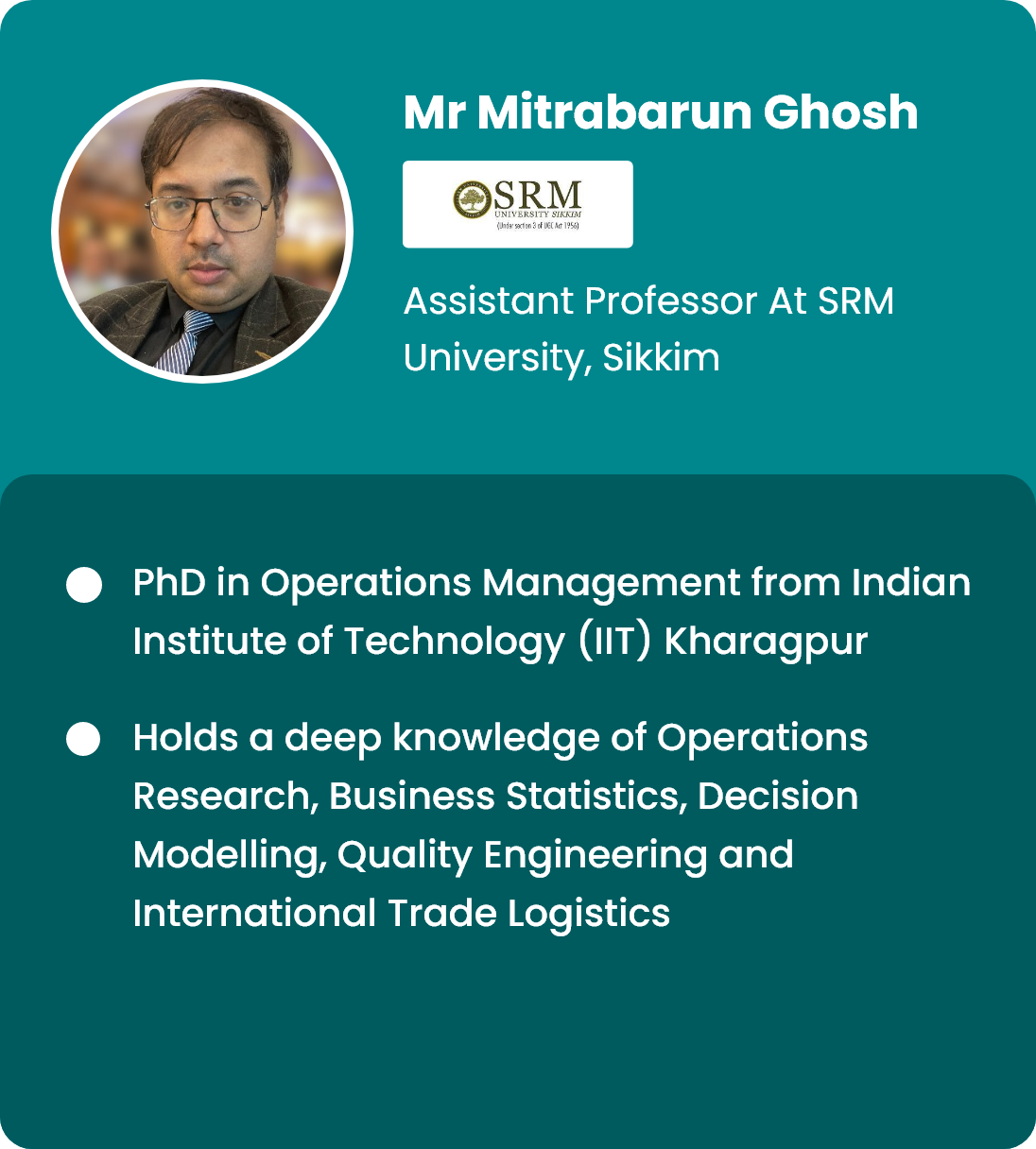

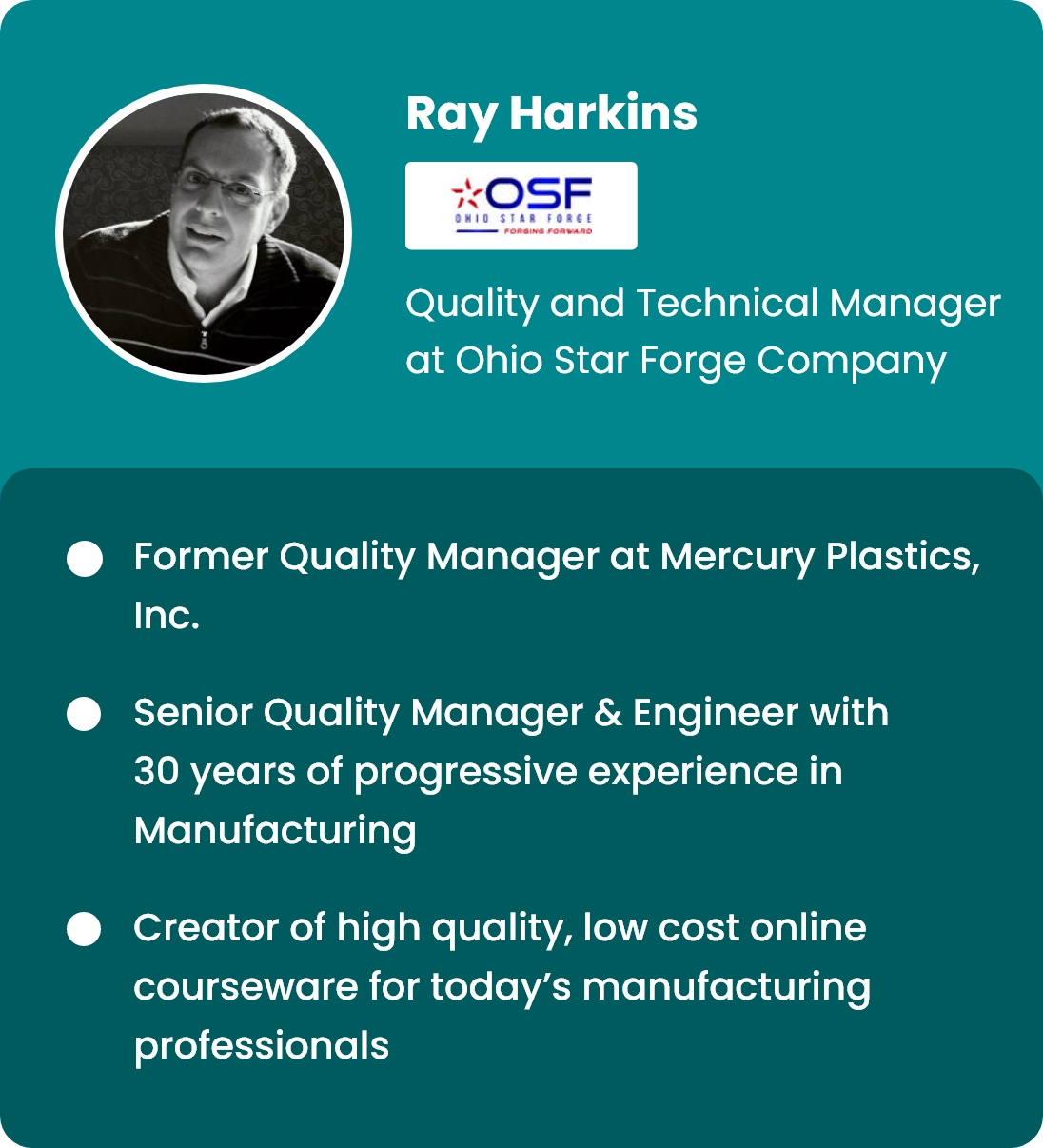
| 1 | Understanding the importance of supply chain management. |
| Overview of logistics and its role in the supply chain. | |
| 2 | Key components and functions of supply chain management. |
| 3 | Forecasting and demand planning techniques. |
| Capacity planning and resource management. | |
| 4 | Inventory management and optimization. |
| 5 | Warehouse operations and automation. |
| 6 | Strategic sourcing and supplier selection. |
| Supplier relationship management. | |
| 7 | Contract management and negotiations. |
| 8 | Supplier performance measurement and improvement. |
| 9 | Warehouse design and layout. |
| Warehouse operations and automation. | |
| 10 | Inventory control techniques (ABC analysis, EOQ, safety stock). |
| 11 | Cross-docking and fulfillment strategies. |
| 12 | Modes of transportation (road, rail, air, sea). |
| Freight forwarding and customs regulations. | |
| 13 | Route optimization and network design (Transport mode & route selection and transport cost modelling). |
| 14 | Last-mile delivery and reverse logistics. |
| 15 | Overview of air freight operations and management. |
| 16 | Air freight pricing and contracts. |
| Sea freight operations and management. | |
| 17 | OCustoms clearance and documentation for air and sea freight. |
| 18 | Role of information systems in supply chain management. |
| 19 | Warehouse management systems (WMS). |
| 20 | Transportation management systems (TMS). |
| 21 | Key performance indicators (KPIs) in supply chain management. |
| Data analysis and visualization techniques. | |
| 22 | Supply chain risk management. |
| 23 | Continuous improvement and lean principles in supply chain. |
| 24 | Understanding the geographical challenges and opportunities in India. |
| Infrastructure and connectivity considerations. | |
| 25 | Regional variations and their impact on logistics and supply chain. |
| 26 | Regional variations and their impact on logistics and supply chain. |
| 27 | Overview of regulatory framework in supply chain management. |
| Key acts and regulations governing logistics and transportation in India. | |
| 28 | Understanding customs regulations and import/export procedures. |
| 29 | Compliance with safety and security regulations in logistics operations. |
| 30 | Global supply chain strategies and challenges. |
| Incoterms and international trade regulations. | |
| 31 | Managing cultural and geopolitical risks. |
| 32 | Managing global logistics and transportation networks. |


Manager



Planner

Analyst


Analyst


Manager

Analyst

25+ course content covering basic to advance concepts
Add certification to your LinkedIn profile, resume, or CV
Undertake industry level project to practice what makes you job ready


Manager



Planner

Analyst


Analyst


Manager

Analyst

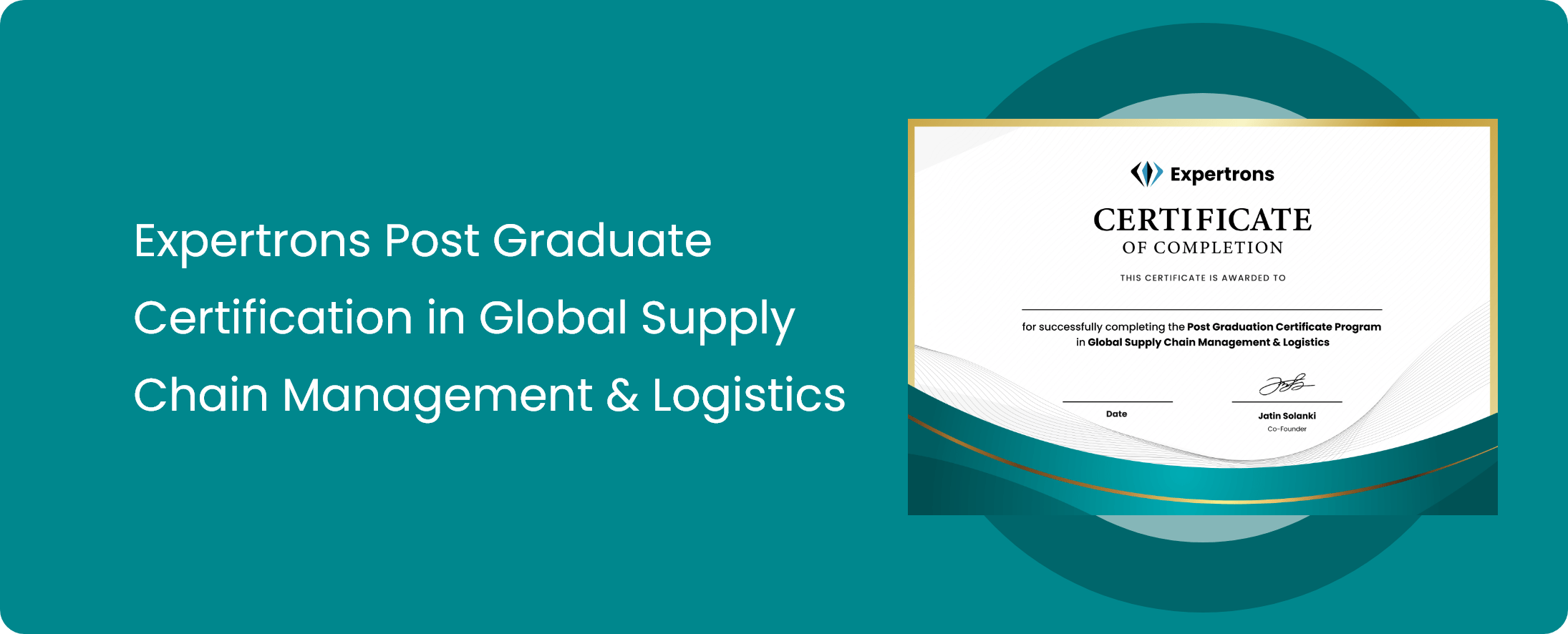
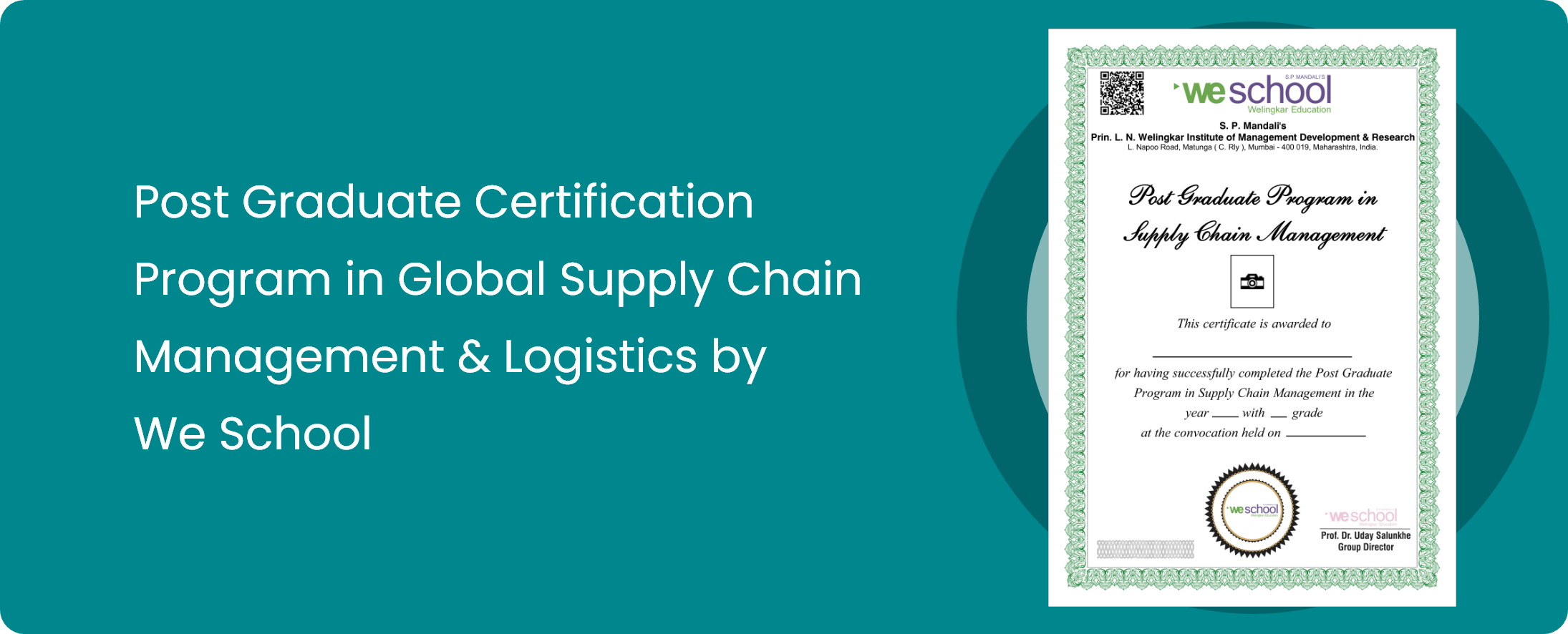
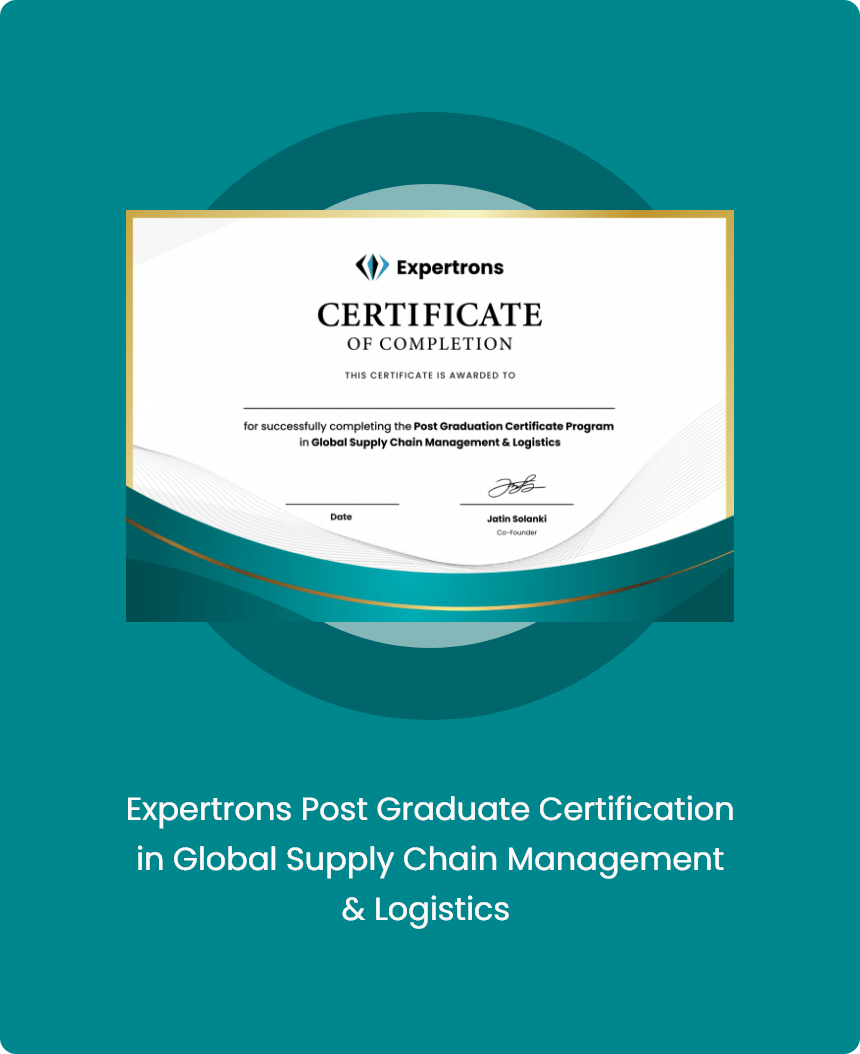
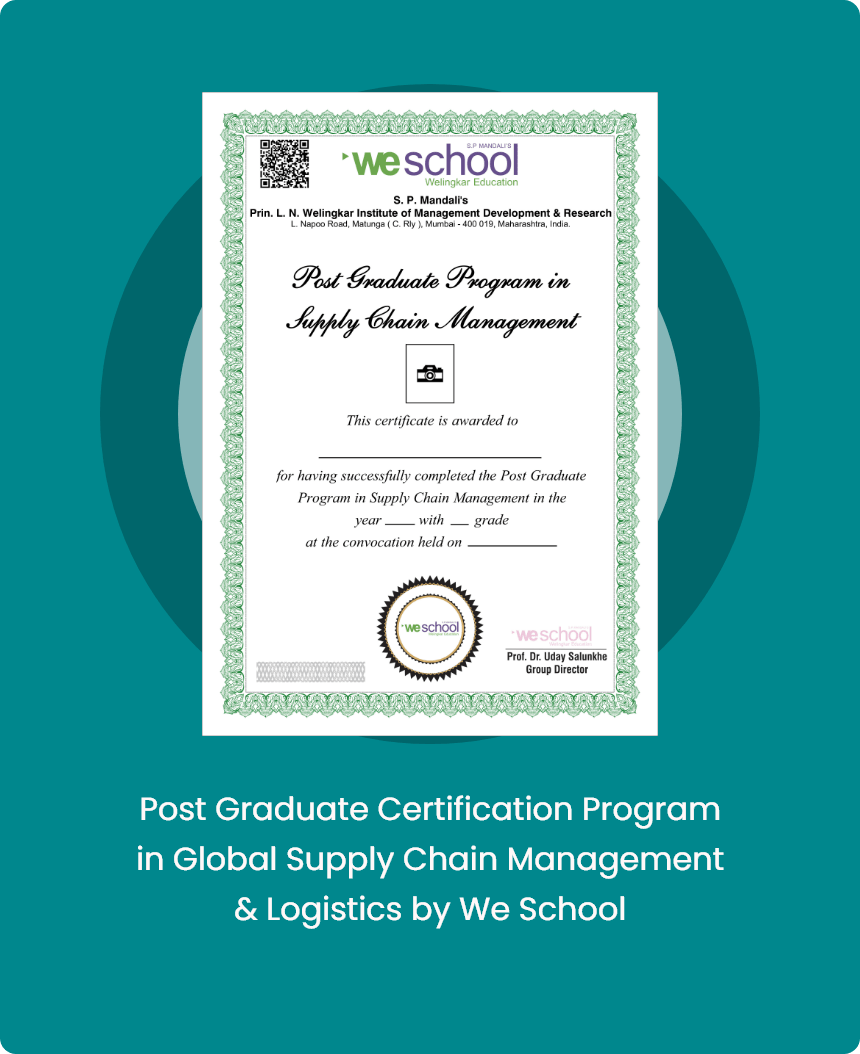
We School
We School + Immersive
Expertrons has collaborated with We School to introduce this program. It is a 9 month comprehensive training program that also offers an immersive learning experience to the students.
You can learn the basics to advanced skills in Supply Chain Management and Logistics. Not just one, earn 2 high-valued certifications that will set you apart from the competition.
Program fee is INR 6490 – Scholarships and subsidize options are available
You can simply click here to apply for this program. Rest assured, our team will get in touch with you for further steps.